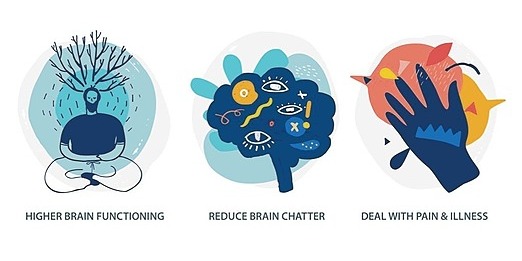Living with chronic pain can affect your mood and outlook, which in turn can affect your perception of pain. But there are ways to break this vicious cycle and reclaim your sense of well-being.
Physical pain is your body’s way of letting you know that something is wrong. It leads you to address ailments or seek treatment for injuries. However, there’s also a psychological aspect to pain. People who experience chronic pain are much more likely to develop mood and anxiety disorders.
Persistent chronic pain can make you feel depressed and hopeless, leave you feeling anxious as you ruminate over your condition, or result in an addiction to pain medication. These feelings can then exacerbate the pain you’re experiencing.
Depression can both cause and worsen pain, while stress creates inflammation and muscle tension, which increases pain. So, it’s possible to get caught in a cycle of emotional distress and physical pain, with each element magnifying the other.
Self-help for managing chronic pain tip -Perform low-impact exercises. Always consult your care provider first. Always start slow in your comfort zone.
1. Stretch and warm up before your walk and after your walk.
* Start slow- A 10 minute walk twice a day then work up to 20 minute walk
2. Practice mindfulness- self check\, how do you feel? Take a fresh breath of air outside.
3. Follow an anti-inflammation diet - Take baby steps - Incorporate one new or extra item such as
half a banana or a very small apple.
4. Build and maintain social support - social groups online and in person, join a hobby club or
sport. A drop in group has less restrictions until you ease into your comfort zone.
5. Improve your sleep - meditation of soft music may help.
6. Try pet therapy - visit a shelter, walk your dog, visit a friends pet, visit the local pet store
7. Set a timer - to keep your routine. It will help you keep on track for well being reminders. .
Article written by Sheldon Reid
Tips by Sheldon Reid and Avail Team













